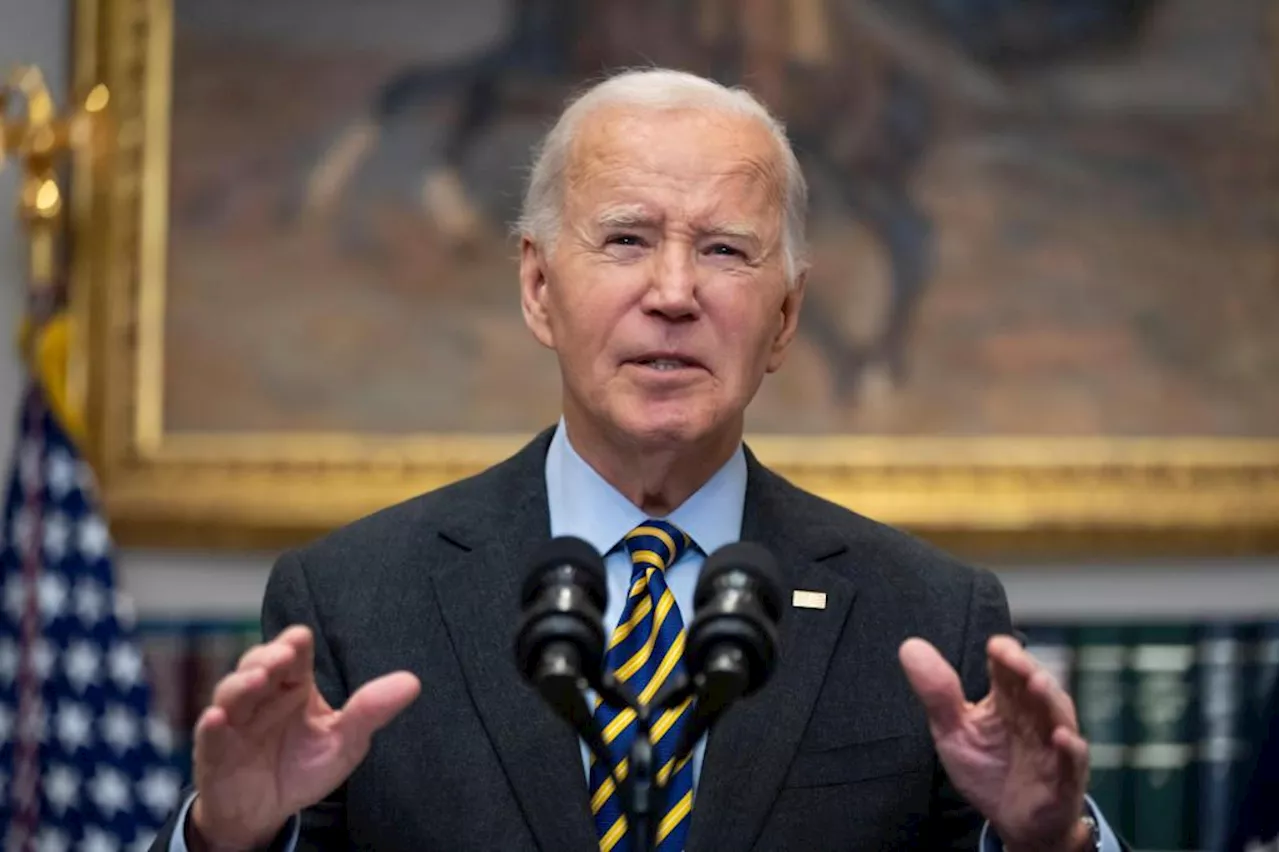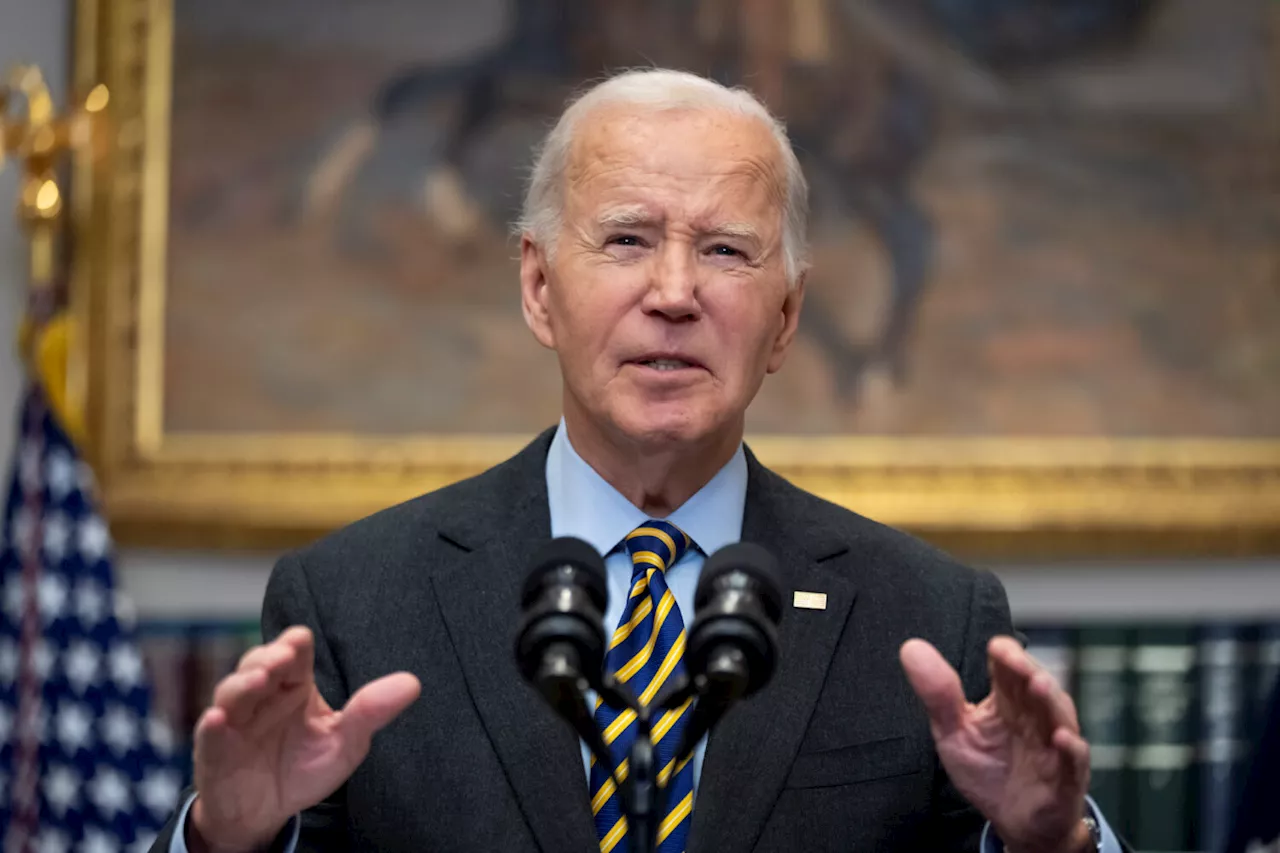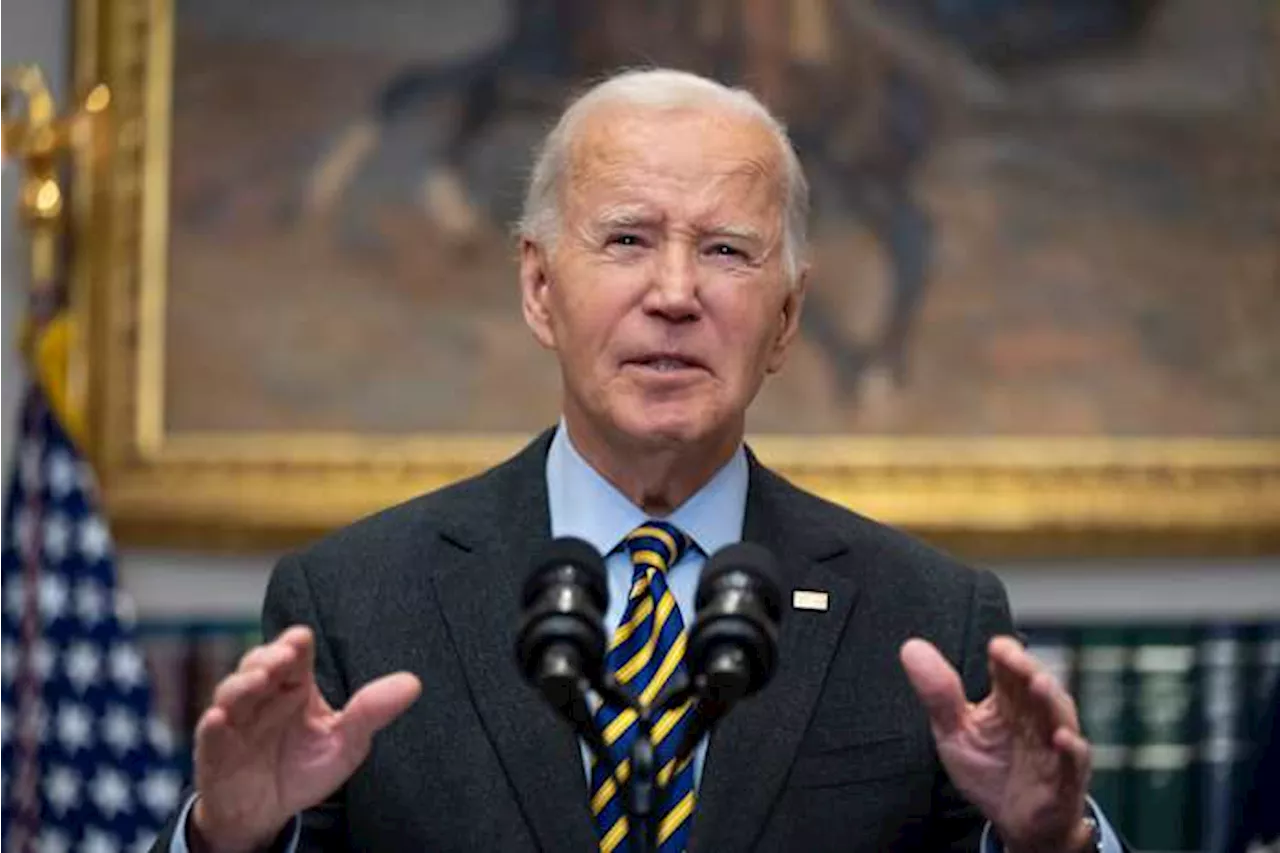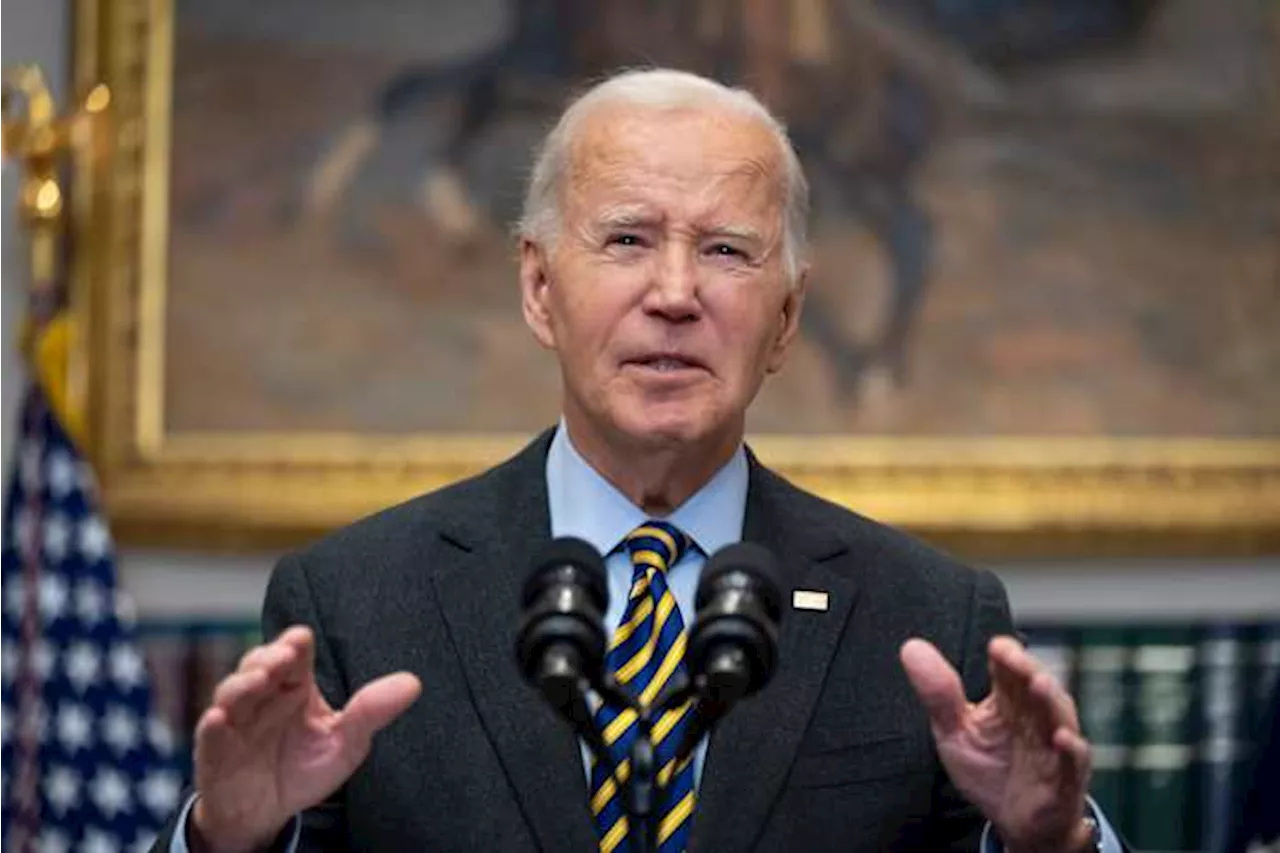The Biden administration is introducing a framework to regulate the export of advanced computer chips, crucial for AI development. While aiming to protect national security and promote economic interests, the framework has raised concerns from chip industry executives about potential limitations on access to existing chips and data center development.
The Biden administration is set to unveil a new framework aimed at regulating the export of advanced computer chips, a crucial component in the development of artificial intelligence (AI). The framework, a delicate balancing act, seeks to address national security concerns surrounding AI technology while also protecting the economic interests of chip producers and partner nations.
However, the proposed rules have sparked apprehension among chip industry executives who argue that they will impede access to existing chips used in video games and restrict the availability of chips for data centers and AI products in over 120 countries. This potential limitation could impact nations like Mexico, Portugal, Israel, and Switzerland.Commerce Secretary Gina Raimondo emphasized the importance of preserving America's leadership in AI and the development of AI-related chips during a call with reporters. She stated that as AI technology advances, the risks to national security escalate, necessitating safeguards to prevent access by foreign adversaries. The framework, according to Raimondo, aims to protect the most cutting-edge AI technology while simultaneously promoting its broad diffusion and sharing with partner nations.White House national security adviser Jake Sullivan underscored the framework's role in ensuring that the most sophisticated aspects of AI are developed within the United States and its closest allies. This, he argued, would prevent a scenario similar to the battery and renewable energy sectors, where development has shifted overseas. However, the tech industry has expressed concerns about the potential consequences of these rapid-fire regulations. The Information Technology Industry Council warned that hastily implemented rules could fragment global supply chains, placing U.S. companies at a disadvantage. The Semiconductor Industry Association (SIA) echoed these concerns, stating that the policy's rushed implementation could harm America's economy and global competitiveness in semiconductors and AI. They argue that ceding strategic markets to competitors could be a lasting consequence.Industry representatives, speaking on condition of anonymity, claimed that the proposed restrictions would limit access to chips already used in video games, contradicting government assertions. They also expressed concern that the policy would restrict which companies could build data centers abroad. The framework's final form could be significantly influenced by the incoming Trump administration, which will ultimately determine the rules governing the sale of advanced computer chips overseas. This creates a complex situation where Trump will need to balance economic interests with the imperative of safeguarding the United States and its allies. Government officials, however, argued for swift action, citing America's perceived six- to 18-month lead in AI over rivals like China. They fear that allowing competitors to stockpile chips and make further advancements could quickly erode this advantage. Nvidia's vice president of external affairs, Ned Finkle, countered that the previous Trump administration had fostered the foundation for AI development and that the proposed framework would stifle innovation without achieving its stated national security objectives. He asserted that the rules would not enhance U.S. security and would instead control technology worldwide, including technology already widely available in mainstream gaming PCs and consumer hardware.The framework outlines a tiered approach to chip exports. Approximately 20 key allies and partners would face no restrictions on accessing chips, while other countries would encounter caps on their imports. The unrestricted allies include Australia, Belgium, Canada, Denmark, Finland, France, Germany, Ireland, Italy, Japan, the Netherlands, New Zealand, Norway, South Korea, Spain, Sweden, Taiwan, and the United Kingdom. Users outside these close allies could purchase up to 50,000 graphics processing units (GPUs) per country. However, government-to-government deals could increase this cap to 100,000 if their renewable energy and technological security goals align with the United States. Institutions in certain countries could apply for a special legal status, allowing them to purchase up to 320,000 advanced GPUs over two years.Despite these allowances, the framework remains stringent, imposing limits on the amount of AI computational capacity that can be placed abroad by companies and institutions. Notably, computer chip orders equivalent to 1,700 advanced GPUs would be exempt from licensing requirements and wouldn't count against the national chip cap. This exception is likely intended to accommodate orders from universities and medical institutions rather than data centers. The framework represents a complex attempt to navigate the intricacies of global technology trade, balancing national security concerns with economic interests and fostering international cooperation in the rapidly evolving field of AI
AI Artificial Intelligence Chip Exports National Security Biden Administration Semiconductor Industry Technology Trade
United States Latest News, United States Headlines
Similar News:You can also read news stories similar to this one that we have collected from other news sources.
Biden Administration Proposes New Framework for Exporting Advanced AI Chips, Sparking Industry ConcernsThe Biden administration proposes a new framework for exporting advanced computer chips essential for AI development, aiming to balance national security and economic interests. However, the framework has sparked concerns from chip industry executives who argue it will restrict access to existing chips used in video games and limit availability in 120 countries, including some key allies.
Read more »
 Biden Administration Proposes Framework to Control AI Chip ExportsThe Biden administration proposed a framework to control the export of advanced computer chips used in AI development, aiming to safeguard America's leadership in AI and prevent its most advanced technology from falling into the hands of adversaries. However, the plan has raised concerns from chip industry executives.
Biden Administration Proposes Framework to Control AI Chip ExportsThe Biden administration proposed a framework to control the export of advanced computer chips used in AI development, aiming to safeguard America's leadership in AI and prevent its most advanced technology from falling into the hands of adversaries. However, the plan has raised concerns from chip industry executives.
Read more »
 Biden Administration Unveils New Clean Electricity Tax CreditsThe Biden administration announced new tax credits for companies generating clean electricity, aiming to reduce energy costs for families and accelerate the adoption of clean energy technologies. The credits, part of a broader tax package, are set to take effect shortly before Trump's inauguration.
Biden Administration Unveils New Clean Electricity Tax CreditsThe Biden administration announced new tax credits for companies generating clean electricity, aiming to reduce energy costs for families and accelerate the adoption of clean energy technologies. The credits, part of a broader tax package, are set to take effect shortly before Trump's inauguration.
Read more »
 Biden’s administration proposes new rules on exporting AI chips, provoking an industry pushbackWASHINGTON (AP) — The Biden administration is proposing a new framework for the exporting of the advanced computer chips used to develop artificial
Biden’s administration proposes new rules on exporting AI chips, provoking an industry pushbackWASHINGTON (AP) — The Biden administration is proposing a new framework for the exporting of the advanced computer chips used to develop artificial
Read more »
 Biden's administration proposes new rules on exporting AI chips, provoking an industry pushbackThe Biden administration is proposing a new framework for the exporting of the advanced computer chips used to develop artificial intelligence, an attempt to balance national security concerns about the technology with the economic interests of producers and other countries.
Biden's administration proposes new rules on exporting AI chips, provoking an industry pushbackThe Biden administration is proposing a new framework for the exporting of the advanced computer chips used to develop artificial intelligence, an attempt to balance national security concerns about the technology with the economic interests of producers and other countries.
Read more »
 Biden's administration proposes new rules on exporting AI chips, provoking an industry pushbackThe Biden administration is proposing a new framework for the exporting of the advanced computer chips used to develop artificial intelligence, an attempt to balance national security concerns about the technology with the economic interests of producers and other countries.
Biden's administration proposes new rules on exporting AI chips, provoking an industry pushbackThe Biden administration is proposing a new framework for the exporting of the advanced computer chips used to develop artificial intelligence, an attempt to balance national security concerns about the technology with the economic interests of producers and other countries.
Read more »
